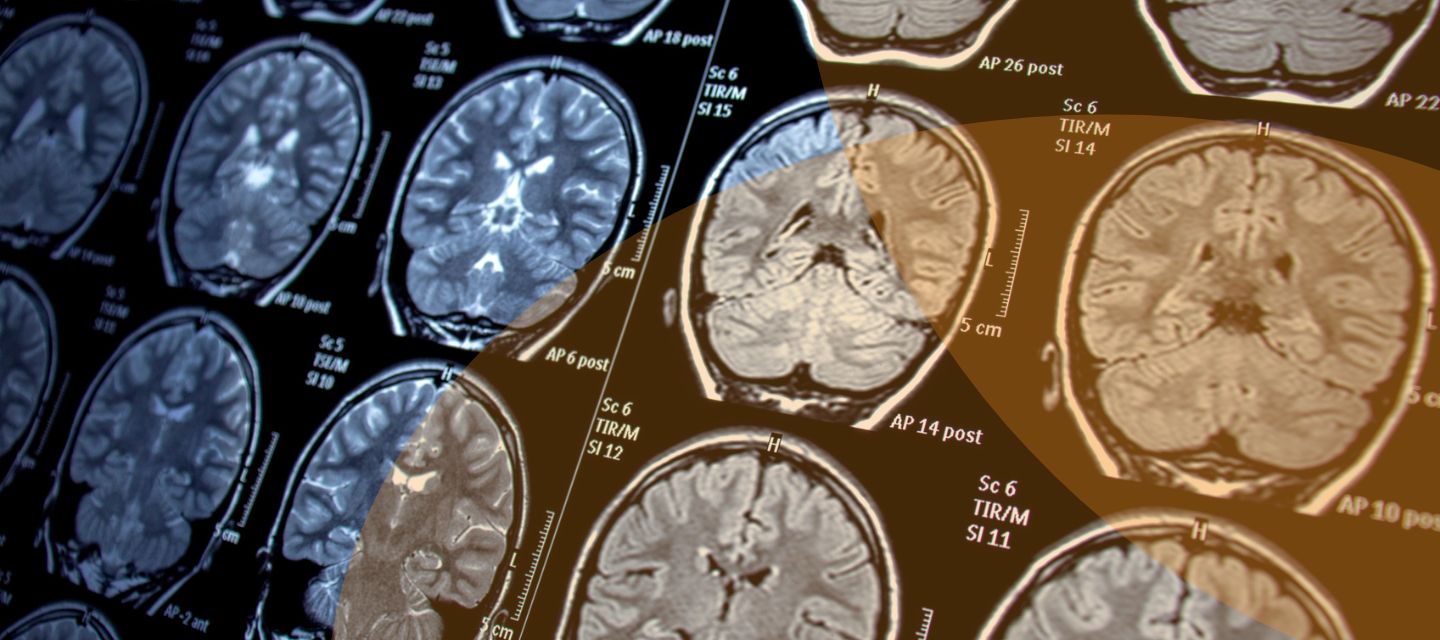
Q&A with Dr Jourena Li - MRI for GPs
Q&A with Dr Jourena Li - MRI for GPs

Which kind of pacemaker/defibrillators are MRI safe?
This will depend on the model and brand of the pacemaker. MRI safety information can be found in the product brochure.
Can a patient with a Transcatheter Aortic Valve Implantation (TAVI) have an MRI?
This will depend on the type of implanted valve. Check the product brochure.
Are MRI procedures safe for pregnant women?
Depending on the indication of the procedure. The benefit of the procedure should always outweigh the risk of the procedure.
Does the 3T MRI give better quality images than the 1.5T?
The 3T scanner can produce images with better spatial resolution, however, can be more prone to artefacts. Images acquired from either 3T or 1.5T should both be of diagnostic quality in most clinical cases.
How much time does an MRI scan take?
Depending on the area being examined, an MRI scan can take 20 – 60 mins to perform.
Can GP referred patients be scanned on both a 1.5T and a 3T MRI?
Yes. Medicare rebate eligibility depends on the clinical scenario and licence of the individual machine. Refer to our quick reference guide for list of MRI services referred by GPs that attract the Medicare rebate.
Has the x-ray before MRI knee requirement been relaxed for Medicare purposes?
An x-ray is no longer required prior to an MRI scan of the knee.
Will a patient still receive the Medicare rebate if referred by a physiotherapist?
Unfortunately, Medicare does not offer a Medicare rebate for MRI scans referred by Allied Health Practitioners.
Are there any changes in rebate for prostate MRI?
The most recent update for prostate MRI was the addition of two Medicare items from July 2018. Note, these are Specialist referred items, General Practitioners are not eligible to request these items.
For unexplained headache, should we write 'angiogram' on the imaging request?
The reporting radiologist will protocol the MRI study depending on the clinical indication. Referrals do not need to specifically ask for a particular sequence as a routine.
Could you please comment on the strength of cardiac MRI in assessing coronary artery disease vs CTCA?
CT is the preferred way of assessing coronary artery disease due to its better spatial resolution. MRI can be utilised to assess coronary artery anatomy if CT is contraindicated (eg. anaphylaxis to iodine contrast), however, not for assessment of coronary artery atherosclerotic disease.
Is a 35 year post MVA with neck pain and suspected ligamentous injury eligible for a Medicare rebate?
Yes. Patients are eligible for a Medicare rebate for GP referred MRI scans of the cervical spine for suspected cervical spine trauma or cervical radiculopathy.
What are the limitations in scanning an obese patient?
The patient’s maximal abdominal girth and weight (most commonly the former) can limit access to the tunnel of MRI machine. The other potential issue is decreased image quality due to increased tissue depth and noise-to-signal ratio.
How can we access Medicare eligible MRI items on your website?
Information on Medicare eligible MRI services for GPs, and other modality insights for referrers, can be found here.
